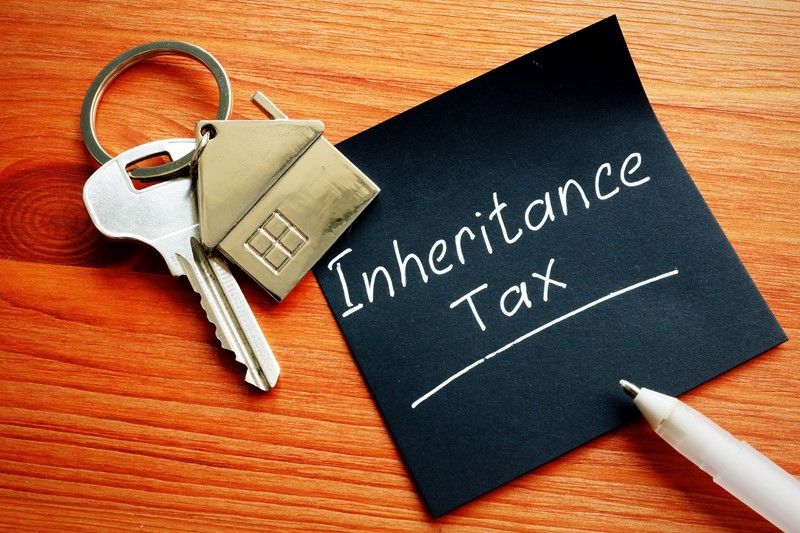Make regular gifts from your income and avoid inheritance tax. If structured properly, surplus income gifts can support loved ones and stay outside your estate without the seven-year survival rule.
Wealthier individuals can benefit from a lesser-known but highly effective IHT exemption for gifts made out of surplus income. This is particularly useful for structured, recurring gifts such as grandparents helping with school fees or contributing to a child's living expenses.
These gifts may be fully exempt from inheritance tax if they meet three key conditions:
- They form part of the transferor’s normal expenditure,
- They are made out of the transferor’s income, and
- The transferor retains enough income to maintain their usual standard of living.
If these criteria are met, the gifts are immediately exempt, they do not require the donor to survive seven years, as is the case with potentially exempt transfers (PETs).
It’s important to note that part of a gift may qualify under this exemption, while the remaining portion may be chargeable or exempt under another rule. However, these rules do not apply to certain types of transfers, including:
- Transfers on death or on the ending of a qualifying interest in possession in a trust,
- Certain deemed PETs under Finance Act 1986,
- Transfers made by close companies,
- Premiums on life insurance policies linked to annuities,
- Transfers of capital assets unless those assets were bought with income specifically for gifting.
The exemption does not override the gift with reservation rules, meaning if the donor retains a benefit from the gifted asset (e.g., continues to live in a gifted property rent-free), the gift may still be treated as part of their estate for IHT purposes.
To take advantage of the income-based exemption, careful consideration has to be given to ensure that these payments form part of the transferor’s normal expenditure and is made out of income and not out of capital. The transferor must also ensure that they are left with enough income for them to maintain their normal standard of living after giving any gifts. HMRC may request evidence such as bank statements, income records, and written intentions to support a claim for this exemption.




